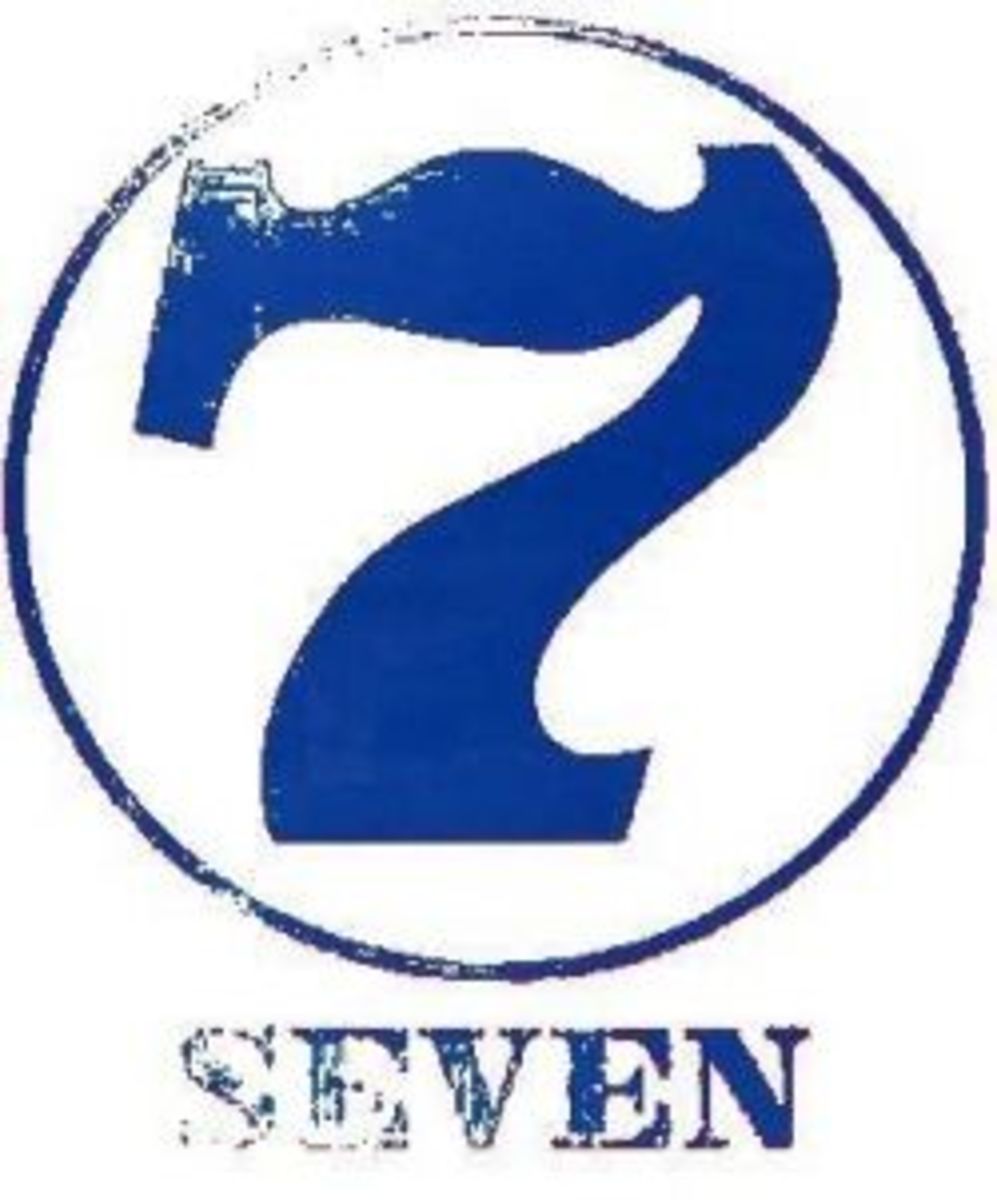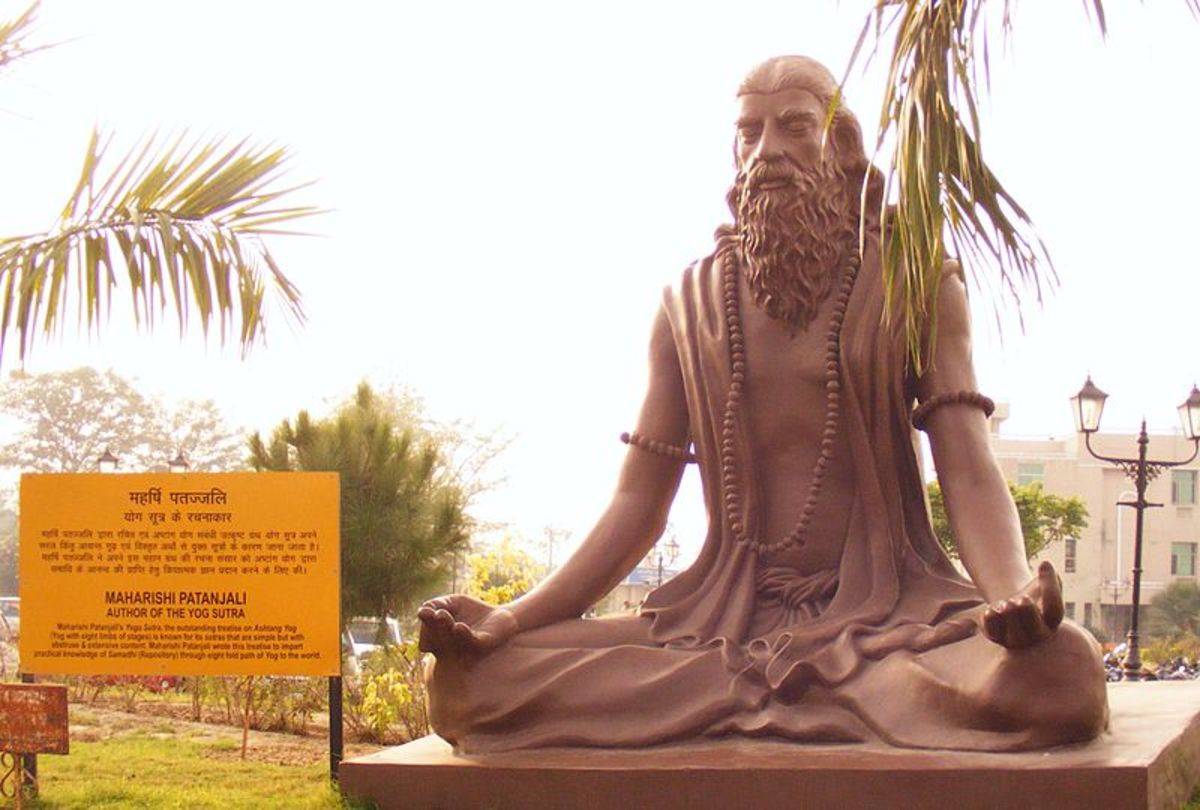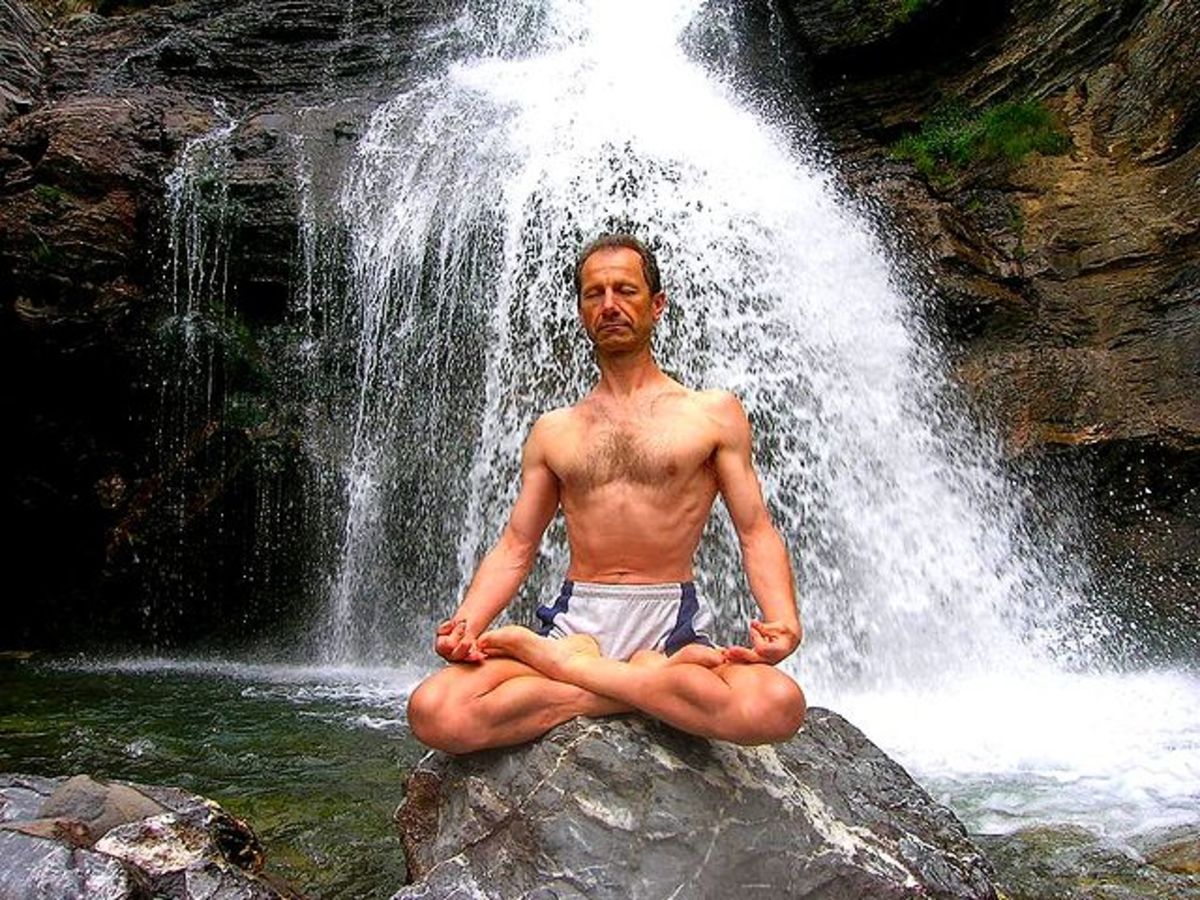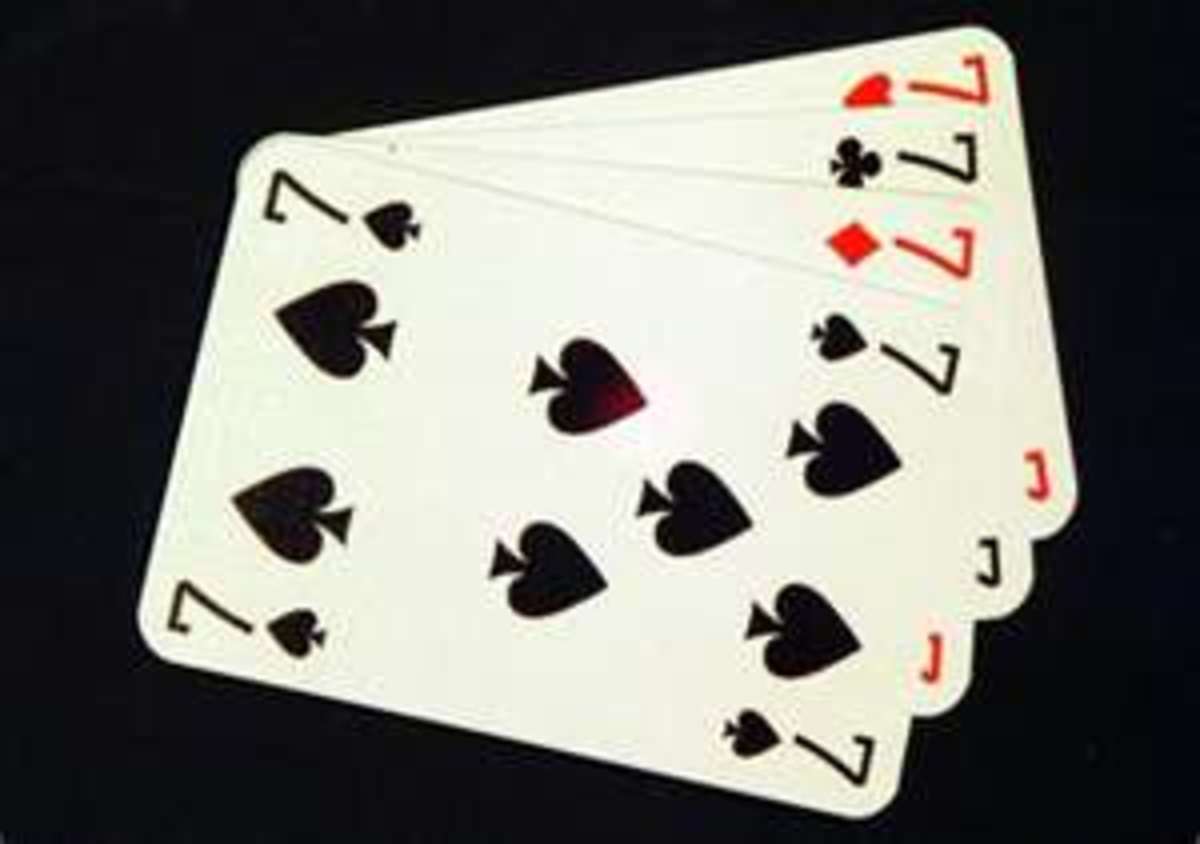Seven Habits of Success and Yoga - Stephen Covey
About the Seven Habits
The Seven Habits of Highly Effective People is beyond any doubt one of the most successful 'help-yourself' books of the last decades. Many people hope to learn a few tricks to become 'successful' instead of 'effective'.
'Effective' was well chosen to make the book a best seller. If it would have been 'The Seven Habits of Highly Spiritual People' it probably would have been a fiasco, while his work is highly spiritual.
The book is written in such a way that it easy to comprehend. But the book is mainly conceivably for the people that bumped onto the major problems in life. Without real hard lessons you'll probably only pick up a few things of this book, put it aside and forget to organize your life and your habits according to his advices.
So this book of Steven Covey is much, very much deeper than it looks like. It is a masterpiece that must be read maybe a few times to get the full meaning.
There are many similarities with the ancient wisdom of Yoga and the Seven Chakra's. This makes the book very interesting in the spiritual meaning.
Sow a thought, reap an action
Sow an action, reap a habit
Sow a habit, reap a character
Sow a character, reap a destiny
— George Dana BoardmanViktor Frankl
Viktor Frankl was a Jewish psychiatrist who survived the Holocaust.
One of the inspiration sources of Steven Covey was Viktor Frankl, and especially his example how humans can choose the way how to experience and react to the most harsh conditions.
Effectiveness
All great masters have the same in common. They all use meditation for their inspiration, for their authenticity originality and their source of wisdom.
Self-realisation requires spirituality and is in many cases achieved by discipline and meditation.
Meditation is often dismissed as a waste of time and something for 'alternative' people, while all great masters know this is the key to find the purpose of life, to self-realisation and sustainable success.
Meditation helps to cut sleep and to be more effective in your work.
Superficiality and Materialism
The majority of the society is imbued with the need for materialism as a replacement for inner emptiness. The gloss of success has the appearance of materialism for the ones that only look on what they want to see, while they're missing the essence.
The greater the master, the greater the immunity for materialism. Materialism is a side effect of their path, not a choice, while for the most of us this appears as the main goal - this is the biggest mistake.
This is also why the immense popular philosophy of "The Secret" is too volatile, by totally missing the essence. The 'law of attraction' will only start to work satisfactory and sustainable after self-realisation and that's finding out what you really want.
Steve Jobs' Last Gift
At the end of the memorial service of Steve Jobs everyone got 'The Autobiography of a Yogi’, by the legendary Paramahansa Yogananda.
Steven Jobs was highly inspired by the wisdom of Yogananda and was convinced self-realisation comes from within through discipline and meditation.
True originality, wisdom, happiness and finally success is only possible when you are willing to discover what you really want in life.
The gift was very unexpected for most people, but the message of Jobs was - better read this first.
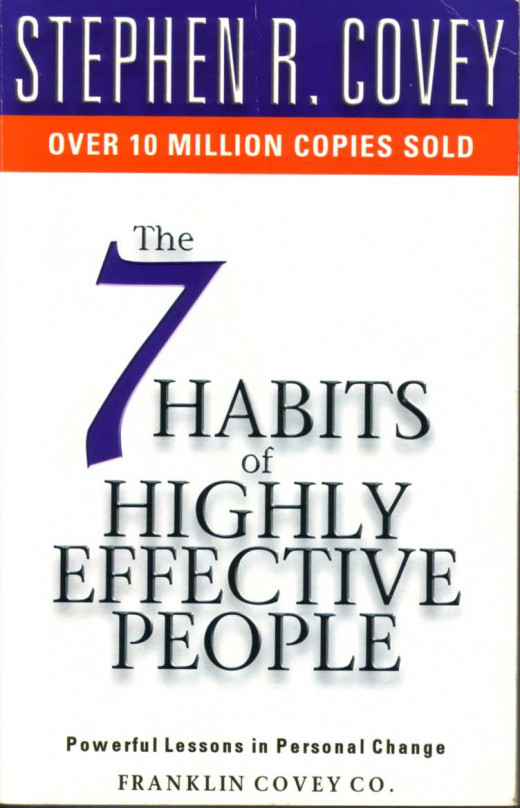
Definition of Success
The first thoughts that always pop up when thinking of success is money, cars, houses and all the rest we desire. People that are really successful managed to find the meaning of their life, their goal. Success in the ordinary sense is one of the side-effects.
My major mistake in life was to think that success through hunting for money would fill my emptiness and would finally lead to my goal. I earned enormous amounts of money and kept chasing for more. In this sense the law of attraction worked for me, but I was totally unhappy with it. In the end I lost it all again and became a knight on foot. But it learned me to appreciate little things and to be satisfied with the things that cross my path.
I understood chasing for money without any deepness, is not the way for success. The best way and only way to success is the way of self-realisation. I had to find this out after a long chain of mistakes, big mistakes.
Self-realisation requires the ability to look deep inside and to find out what you really want. Going into deep meditation is the best way to find this out. I also found out this is much harder than I thought. It takes hard study and iron discipline.
The best way is to find a master that helps you to meditate. Doing this on your own is not a sensible way.
The Number Seven - A Holy Number
Seven is according to the Bible the most significant number - a holy number. God created the Earth in six days and rested on the Seventh day.
The number Seven:
-
God told Israel, to march seven times around the city of Jericho in seven days;
-
Seven feast days: Passover, Unleavened Bread, First Fruits, Pentecost, Trumpets, Atonement, Tabernacles;
-
Seven deadly sins: Lust, Gluttony, Greed, Sloth, Wrath, Envy and Pride;
-
Seven years of plenty and Seven years of famine;
-
Seven dispensations: Innocence, Conscience, Human Government, Promise, Law, The Church and The Kingdom;
-
Every seven years the human body renews itself;
-
Reproductive periods are mostly a multiple of seven in weeks.
Seven is in the Bible by far the most used number.
Human Span of Control - Seven
Humans are capable in managing a lot of tasks at the same time, called multi-tasking. Multi-tasking is also limited to the number seven.
One of the highest demanding environments for humans is the cockpit of an airplane, especially under stress conditions. Cockpits are also designed on the number seven, the pilot won't be charged with more then seven main information issues.
Large successful organizations are also designed on the same span of control and are pyramid formed in steps of maximum seven. Very fast growing organizations often exceed the span of control of leaders.
Incorporating the Seven Habits Equally
To incorporate The Seven Habits into yourself is certainly not easy. Every habit has its own deepness and before you fully understand all aspects of the deepness will take probably many years. It takes much discipline, but most important of all is to really understand the habits.
Experience from former major mistakes in your life makes you much more sensitive to understand the meaning of the habits and how it effects you and your surrounding.
Simplest Exercise
The most simple exercise to start with is stretching your patience. Every time you feel you're losing your patience and feel the wave to react boiling up - stretch it and wait. Losing patience and resulting anger is an emotion of thwarted desires. What desires are thwarted? Probably none. Think on the long-term and stay in control of your short-term emotions.
The Link Between Covey and Yogi's
Although it is perhaps not obvious, there is a link between the Seven Habits and the Seven Chakra's. The exercises of the Kriya Yoga or Sahaja Yoga make it possible to accelerate the evolution of human consciousness and makes self-realization much easier.
I studied the links between the 7 Habits and the 7 Chakra's and where to connect them with each other.
Through the eyes of Westerners Yoga is often seen as a waste of time. I am an engineer and a scientist and are always suspicious towards unproven techniques, exercises and religions. But after earning tremendous amounts of money, losing it again and hitting rock bottom I am finally prepared to look differently on life. I learned to practice Kriya Yoga and read the 7 Habits many times over and over again.
The 7 habits is highly spiritual through the eyes of Westerners and ancient Yoga with its 7 Chakra's is highly spiritual through the eyes of Orientals. Well, I think it can be joined and can be put into practice to accelerate the 7 Habits much easier.
The 7 Habits
Order
| Habit
|
|---|---|
1.
| Proactivity
|
2.
| Begin with the End
|
3.
| Important things First
|
4.
| Win-Win
|
5.
| Understand before being Understood
|
6.
| Synergize
|
7.
| Sharpen the Saw
|
The 7 Chakra's
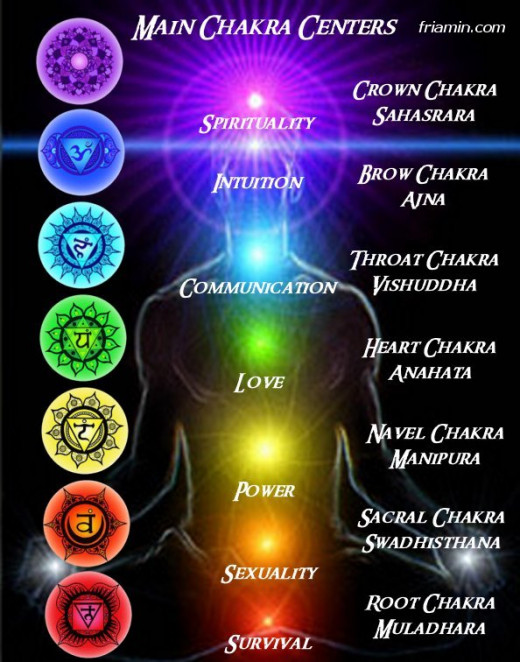
How to Integrate the Seven Chakra's With The Seven Habits
Yoga
| Covey
| Properties
|
|---|---|---|
1. Earth (Survival)
| Principles: Begin with the End (Habit 2)
| Steadfast, Integrety, Courage, Loyalty
|
2. Water (Sexuality)
| Win-Win (Habit 4)
| Flexible, Open, Willing
|
3. Fire (Power)
| Important things First (Habit 3)
| Self control
|
4. Air (Love)
| Understand before being Understood (Habit 5)
| Devotion, Love, Compassion
|
5. Ether (Communication)
| Sharpen the Saw (Habit 7)
| Expansivity, Calmness, Quiteness
|
6. Super Ether low (Intuition)
| Synergy (Habit 6)
| Alignment, Radiant joy, Solution-oriented
|
7. Super Ether high (Spirituality)
| Proactivity (Habit 1)
| Beyond duality, Harmony, Freedom, Omniscient
|
Balancing Your Brain is Crucial
Most people are oriented on their left brain and are therefore right handed. This is the Ego side that is highly developed. Most tasks in society demand the use of the left brain. To develop yourself on a higher level it is crucial to balance your brain, to use your right brain more often - this is your Soul side.
There are many techniques and advices to achieve this, but the most simple and best way is to achieve this through meditation. With simply emptying your mind you're already improving the 7 Habits, through balancing your brain.
Balancing Your Brain
Left
| Right
|
|---|---|
Logic and Time
| The big picture
|
Detail, Reality
| Impulsiveness
|
Names and Facts
| Imagination
|
Words and Language
| Symbols and Pictures
|
Science and Calculations
| Philosophy and Religion
|
Knowing and Understanding
| Sense and Belief
|
Recognizing
| Appreciation
|
Patterns and Order
| Spatial awareness
|
Strategy and Safety
| Taking risks
|
Source of Inspiration
Steven Covey often mentions in his book that meditation is the way to balance the brain.
Steven Covey doesn't mention the source of inspiration, but it was the paragraph of 'a book'. My guess is it was ancient Eastern wisdom.
"My office was on the outside edge of the college, and one day as I was wandering between stacks of books in the back of the college library, I came across a book that drew my interest. As I opened it, my eyes fell upon a single paragraph that powerfully influenced the rest of my life. I read the paragraph over and over again. It basically contained the simple idea that there is a gap or a space between stimulus and response, and that the key to both our growth and happiness is how we use that space. I can hardly describe the effect that idea had on my mind. Though I had been nurtured in the philosophy of self-determinism, the way the idea was phrased -- a gap between stimulus and response -- hit me with fresh, almost unbelievable force. It was almost like 'knowing it for the first time,' like an inward revolution, 'an idea whose time had come.' I reflected on it again and again, and it began to have a powerful effect on my paradigm of life. It was as if I had become an observer of my own participation. I began to stand in that gap and to look outside at the stimuli. I reveled in the inward sense of freedom to choose my response -- even to become the stimulus, or at least to influence it -- even to reverse it."
The highest Chakra is the 7th Chakra and is equal to habit 1, the most important habit - Proactivity - using the space between stimulus and response. Using this space gives an nearly infinite freedom.
'The Seven Habits of Highly Effective People' is a true masterpiece, brilliantly transformed from ancient Eastern wisdom. But to fully master the 7 Habits without tools is a mission impossible.
Conclusion - Ingraining The Seven Habits
Reading the book of Steven Covey over and over again is a must when you want to achieve self-realisation. But it is very difficult to fully ingrain the habits from reading only. What you can do is buying a little notebook and write down all the important points that Covey mentions in his book and transform this precisely into your own words.
By continuously reading your notes and pointing yourself on the Habits is a huge leap forward, from which stretching your patience and choosing your response is absolutely the primary habit. This is your freedom for many things, from little to huge, like happiness and success.
A more powerful way is to develop the Habits through the meditation of the Kriya Yoga or Sahaja Yoga.
Then after getting the hang of Yoga, go back to Steven Covey and read his book again. Combining these techniques will boost your 7 Habits with an amazing speed!
© by Buildreps 2014

